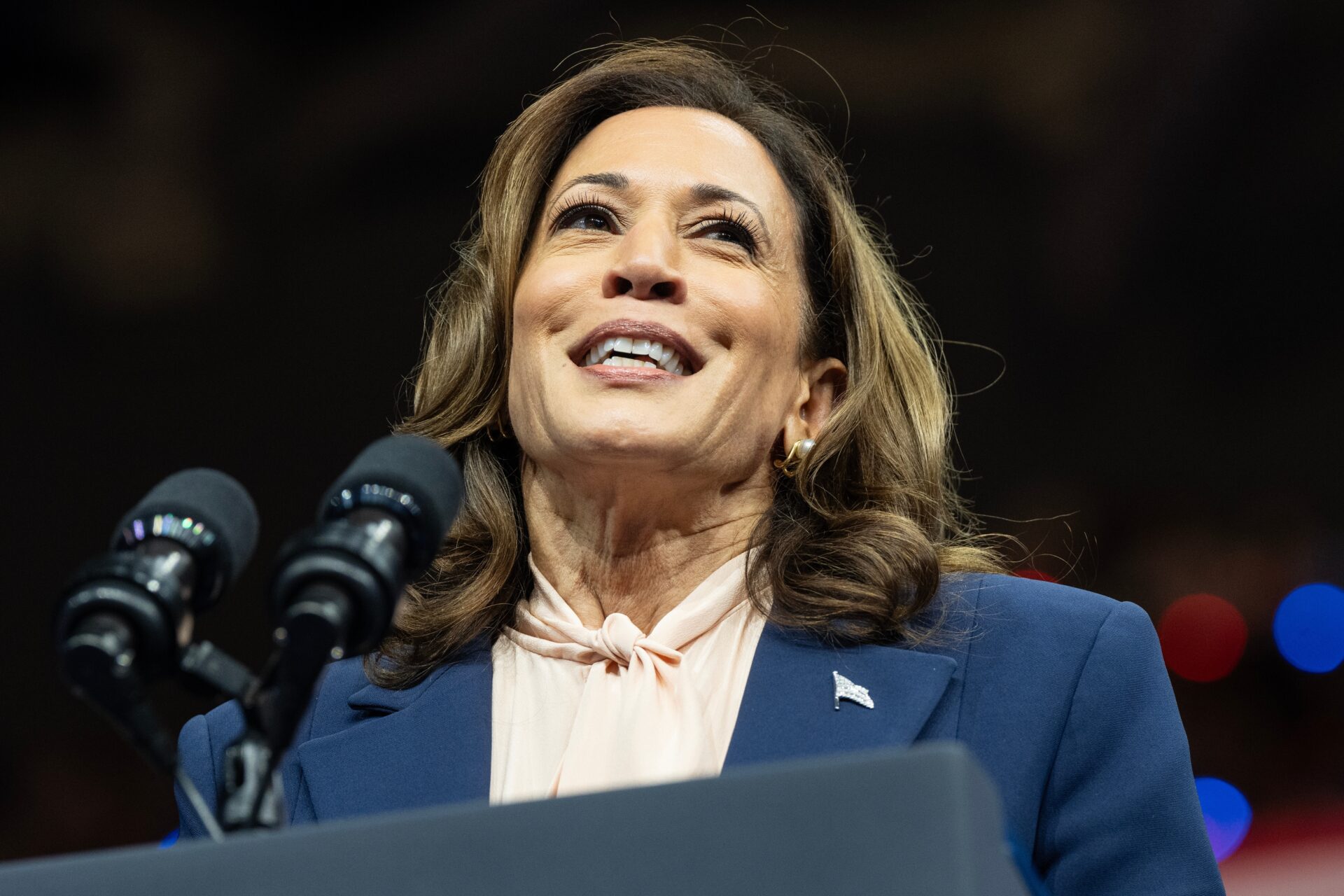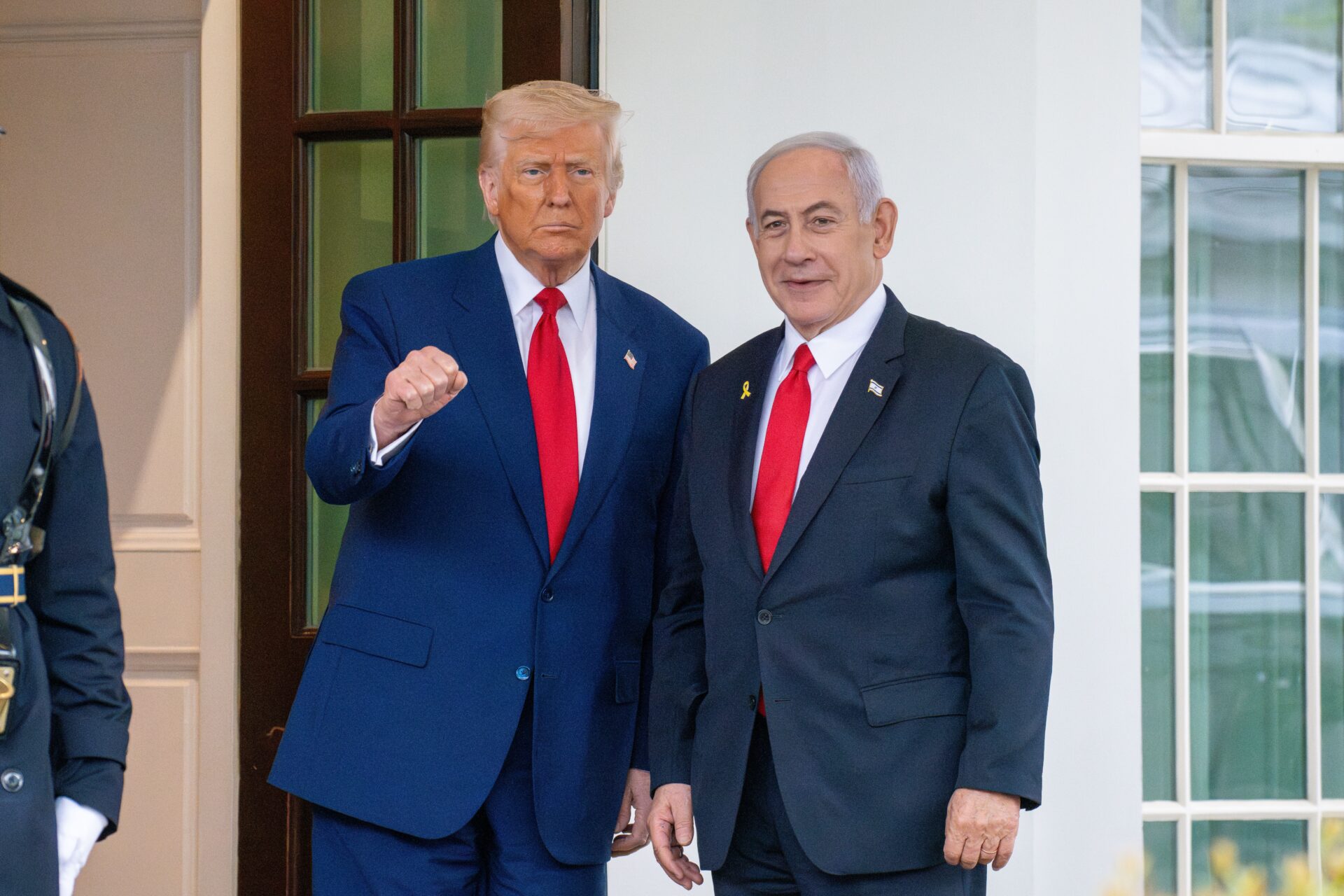
Middle East SHIFTS – Who’s With Iran Now?
Iran’s longtime proxy Hezbollah is refusing to join the fight against Israel, revealing cracks in Tehran’s regional influence and leaving the Islamic Republic increasingly isolated following devastating Israeli airstrikes.
At a Glance
- Iran’s military leadership and nuclear program were significantly impacted by recent Israeli airstrikes
- Hezbollah has declined to attack Israel in retaliation, despite Iran’s expectations for proxy support
- Lebanon’s army is actively working with Hezbollah to prevent conflict escalation with Israel
- Middle Eastern nations privately prefer Israeli success over a nuclear-armed Iran
- Iran’s other proxy groups and international allies like Russia and China are unlikely to provide meaningful assistance
Hezbollah Backs Away from Iran’s Fight
In a stunning development that highlights shifting Middle Eastern power dynamics, Hezbollah has signaled it will not launch attacks against Israel in response to recent Israeli strikes on Iranian nuclear facilities and military leadership.
This unprecedented hesitation from Iran’s most powerful proxy represents a significant blow to Tehran’s regional strategy. Hezbollah’s leader Naim Qassem issued a statement that criticized Israel but notably omitted any commitment to military action, marking a dramatic departure from the group’s historically reliable support for Iranian directives.
Security analysts attribute Hezbollah’s reluctance to several factors, including diminished operational capacity following months of conflict with Israel and internal restructuring necessitated by leadership losses.
The terrorist organization appears unwilling to deplete its resources further or risk additional Israeli strikes that could devastate what remains of its fighting force. This hesitation reveals not only Hezbollah’s weakened position but also raises questions about Iran’s ability to project power through its network of regional proxies.
🇺🇸|🇫🇷|🇪🇬|🇸🇦|🇶🇦|🇱🇧
The quintet committee, encompassing the United States, France, Egypt, Saudi Arabia, and Qatar appears to have accomplished a significant part of its mission in Lebanon, amid pervasive situations of violence and war revival. However, it's noteworthy that… pic.twitter.com/RpLEAupAua
— Observe Lebanon (@ObserveLebanon) March 22, 2025
Lebanon’s Domestic Calculations
Lebanon’s precarious internal situation further complicates Hezbollah’s decision-making. The Lebanese government and military establishment are actively working to prevent any actions that might draw Israel into a broader conflict with their country.
Military officials have reportedly engaged in direct communication with Hezbollah leaders to discourage provocations against Israel. These developments suggest that domestic Lebanese interests increasingly take precedence over Hezbollah’s traditional role as an extension of Iranian foreign policy.
The reluctance to support Iran reflects Lebanon’s dire economic circumstances and the devastating potential consequences of further military confrontation with Israel. Lebanese officials recognize that their fragile state infrastructure could not withstand a full-scale conflict. This pragmatic assessment has led to unprecedented restraint from Hezbollah, which historically has operated with significant independence from Lebanese national interests.
The elimination of the senior Iranian general in Syria challenges Iran’s ability to stay out of the war
INSS researcher Danny Citrinowicz, writes:
Since the start of the Swords of Iron campaign, Iran has faced consecutive setbacks in Syria. The series of attacks targeting both… pic.twitter.com/jKxIT2rnYv
— INSS (@INSSIsrael) April 4, 2024
Regional Powers Choose Sides
The broader Middle Eastern response to recent events reveals a significant geopolitical realignment. While Arab nations maintain public criticism of Israel, their actions suggest a tacit preference for Israeli success over Iranian nuclear advancement. Several Gulf states have quietly provided intelligence support and diplomatic cover for Israeli operations targeting Iranian nuclear facilities. This covert cooperation reflects regional concerns about Iranian nuclear ambitions that outweigh traditional Arab-Israeli tensions.
Iran’s other proxy groups, including militias in Iraq and Yemen, have similarly shown restraint in the aftermath of Israeli strikes. These organizations face their operational challenges and appear unwilling to sacrifice their positions to support Iranian retaliation efforts. Meanwhile, Iran’s international partners, Russia and China have offered rhetorical support but no substantive military assistance, further isolating Tehran at a critical moment of vulnerability.
Strategic Implications for American Interests
The current situation presents both opportunities and challenges for American interests in the Middle East. Iran’s diminished regional influence potentially reduces threats to U.S. allies and military personnel stationed throughout the region.
However, an isolated Iran might pursue more desperate measures to reestablish deterrence, including accelerating nuclear development or sponsoring terrorist attacks against Western targets. The Biden administration faces complex decisions about leveraging this moment of Iranian weakness while preventing dangerous escalation.
For Israel, Hezbollah’s hesitation provides a strategic window to continue operations against Iranian nuclear facilities with reduced risk of multi-front war. Israeli defense officials appear to have accurately calculated that Iran’s proxy network is currently unwilling or unable to mount significant retaliatory operations. This assessment has emboldened more aggressive Israeli action against Iranian nuclear infrastructure, potentially setting back Tehran’s weapons program by months or years.


